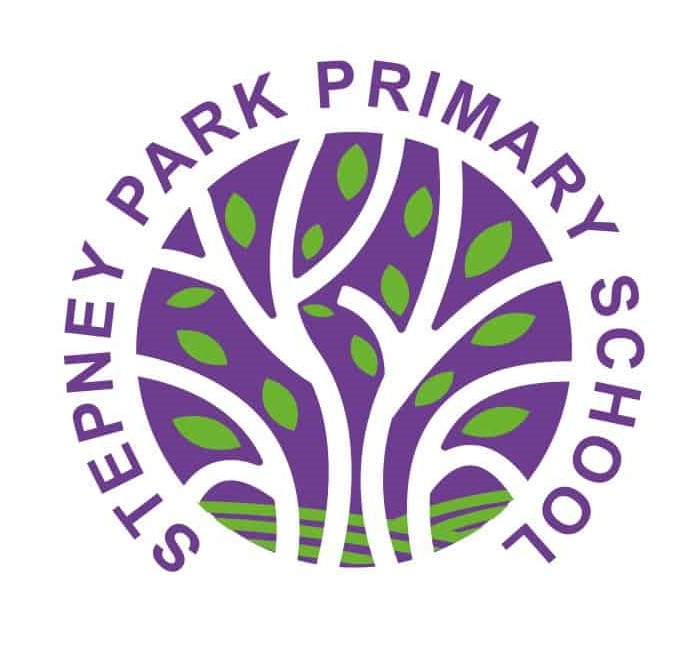Our Vision
Personal Development. We want our children to become respectful, resilient and independent and offer them the breadth of experiences they deserve to build cultural capital and live full lives.
This means: we have a programme of experiences including trips for children across the school; our curriculum is far wider than the academic, including performances, competitions, special days, woodlands, chess and more.
Fluency in basic skills. We want children to be able to use key skills and recall key knowledge effortlessly so that their thinking space can be used to develop higher level conceptual understanding. This includes: significant decoding practice as children learn to read, repeatedly practising specific sentence structures in writing, arithmetic in maths, locational knowledge in geography, key dates in history, basic skills like throwing and catching in PE etc.
This means: key skills come up repeatedly in our curriculum, and children practise them multiple times when they do so that they become automatic.
Language & Vocabulary. Many of our children start school with a relatively narrow vocabulary. As a result, we need to have a particularly strong focus on developing their language and vocabulary.
This means: children are taught new vocabulary explicitly; our curriculum has key vocabulary planned in with all units of work; the quality of children’s talk in class will always be a priority and our curriculum includes rich texts in a range of subjects.
Subject Specific Knowledge. We want children to develop a coherent set of knowledge in each subject area that will prepare them well for secondary school and life beyond.
This means: our curriculum is arranged by subject, not into topics; we have listed the knowledge children should learn and remember from each unit of work and our monitoring systems check how well children are learning this; knowledge is sequenced so that children build progressively on what they have learnt.
Challenge and Ambition. We want all children to access a broad and challenging curriculum. As such, new learning is scaffolded but this scaffolding is gradually withdrawn to support children’s developing independence.
This means: as children practise applying their knowledge multiple times to embed it, scaffolding fades with each successive attempt; scaffolding supports the knowledge in the subject at hand, not simply its recording; though some children may take longer to reach independence than others, scaffolding stills fades to allow them to move towards it.
